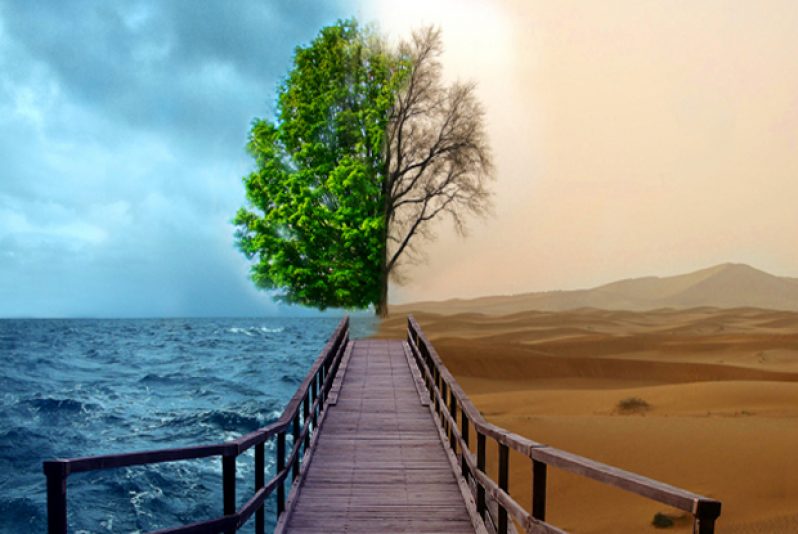AS the end of 2014 draws near, it is a good time to remind ourselves that it is the United Nations designated “International Year of Small Island Developing States (SIDS). Its main objective is to put the
spotlight on the plight of SIDS in the face of Climate Change.
Small Island Developing States (SIDS) are islands of the Caribbean Sea and the Atlantic, Indian and Pacific Oceans. They are some of the most beautiful places on Earth, with white sandy beaches, mountain
ranges, luscious forests, beautiful historic ports and towns, and the most serene agricultural landscapes. They are also relatively remote, vulnerable to environmental challenges and generally small in size.
Though not an island, Guyana is a part of SIDS, because it is a country that exhibits many of the characteristics and face similar vulnerabilities as this group of countries. As the year of SIDs draws to an
end, we should be mindful that the threat of Climate Change still looms. We should therefore not make the mistake of putting this threat out of mind but instead work steadily to address it vigorously at all
levels.
SIDS Doing its Par
SIDS as a group is taking steps to implement a variety of solutions at hand to lower their GHG emissions. Importantly too, SIDS is focused on assessing its climate change risks and adaptation actions. To lower
GHG emissions, SIDS is exploring cost-effective opportunities for energy efficient homes and businesses and industries, and cleaner sources of energy e.g. solar and hydroelectric energy. Effective waste
management can help to reduce our levels of GHG emission, so too, can increasing outdoor recreation activities to reduce the need for light and air conditioning.
Alternative eco- friendly energy sources are already being employed in Guyana in our sugar industry. Solar technology is also available here and is finding increasing acceptance. Though effective solid waste
management is at the forefront of society, there are still many challenges that must be overcome to achieve this goal. Nonetheless, actions are being taken in different quarters, for example, the Ministry of
Local Government’s “Clean-up my Country Programme” and the Environmental Protection Agency’s Litter Warden’s Programme under the Ministry of Natural Resources and the Environment’s. Public Education, important
for effective participation in waste management, is ongoing through various programmes, such as, Pick It Up Guyana, and others.
Addressing Climate Change in the future
At the UN Conference of SIDS held in September, 2014, the gravity of the threat of Climate Change was well expressed in the words of Samoa’s Prime Minister: “Sympathy and pity will not provide solace nor halt
the devastating impacts of climate change.” The root cause of climate change is the excessive emission of greenhouse gases (GHGs). These gases trap heat in the atmosphere and are causing global warning and
consequently influencing climate change. The conference called for countries that are high emitters of GHGs to commit to reduce their emissions at the upcoming Climate Treaty in 2015 and to put an end to
unsustainable consumption and production patterns.
SIDS experiences the realities of climate change every day making it necessary for them constantly conduct risk management related to it. As such it has been recognised that the solution is for SIDS to build
positive relationships and work models based on the concept of sharing and community. Importantly, SIDS is raising their voices to demand their right to survival and to insist that high GHG emitting countries
do their part to cut their emissions.
We need our environment to survive. Let’s take steps to save our SIDS.
Share your ideas and questions by sending letters to: “Our Earth, Our Environment”, C/o EIT Division, Environmental Protection Agency, Ganges Street, Sophia, Georgetown; or email us at eit.epaguyana@gmail.com.
http://www.un.org
http://epa.gov/climatechange/ghgemissions/sources.html
http://www.sids2014.org/index.php?menu=1570
http://www.un.org/en/events/islands2014/#&panel1-3



.jpg)








